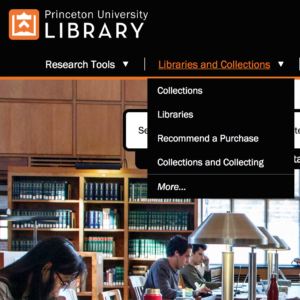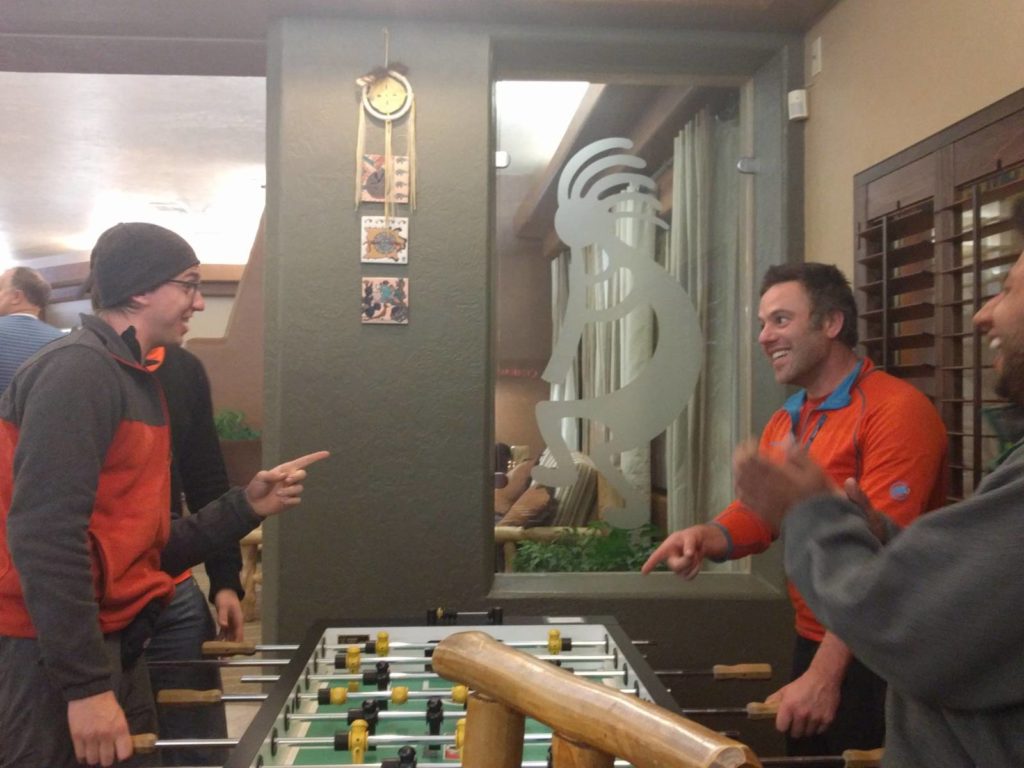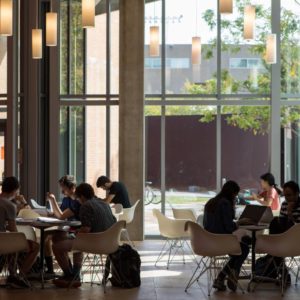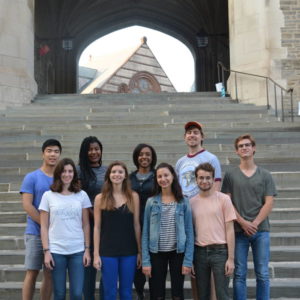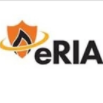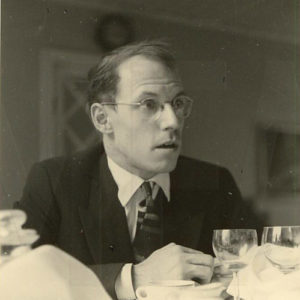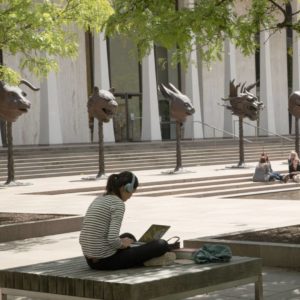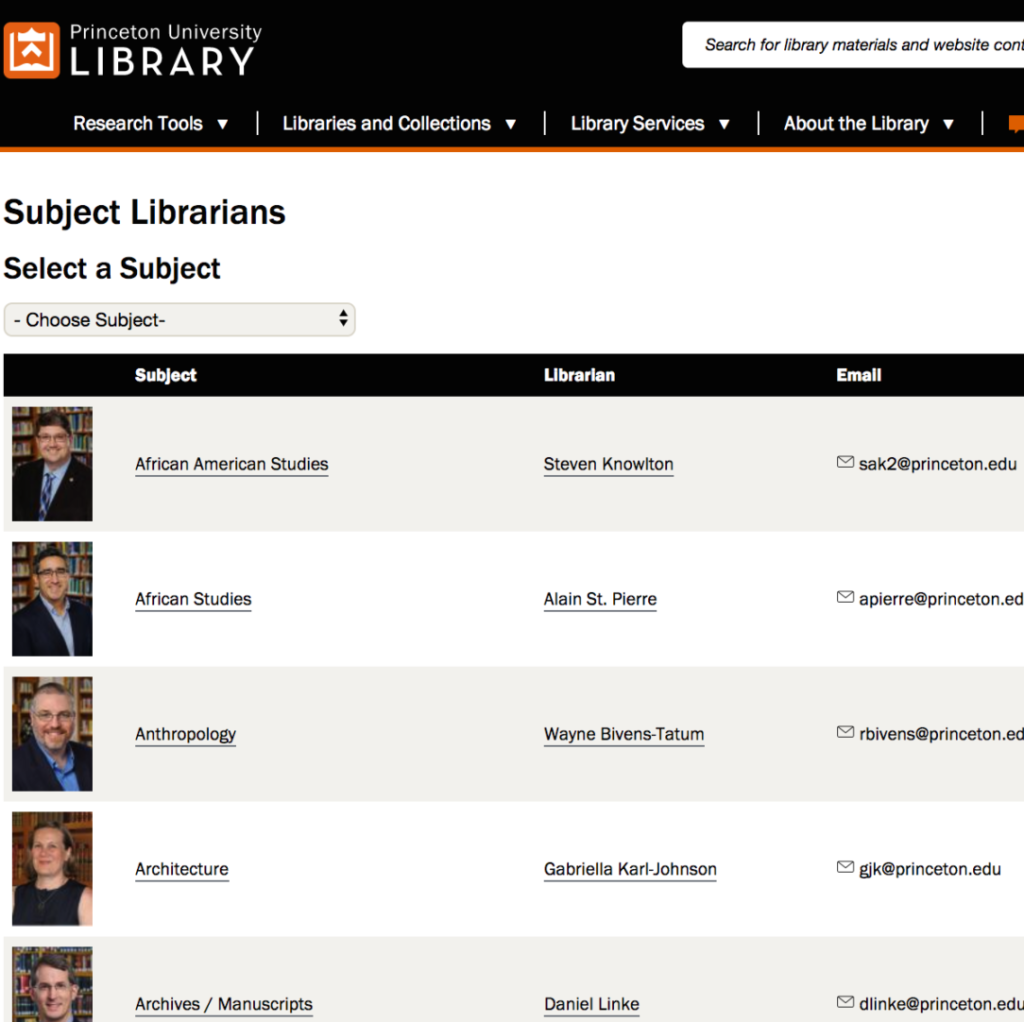As we head into April, many Senior Thesis deadlines (including my own!) are fast approaching, so I naturally thought it would be fitting to reflect on my thesis experience. Over the years, many PCUR posts have been written about theses and rightly so given that they are such a significant component of the undergraduate research experience. Many of these posts and much of the discourse surrounding the Senior Thesis emphasize what makes this project exceptional, framing it as the capstone of our college careers, an unprecedented challenge, and quite possibly the longest paper we will ever write.
While I by no means disagree with these characterizations, I want to present a slightly different perspective in this post. Instead of focusing on how theses are exceptional feats, I reflect on the ways in which I have found my thesis to be similar to past academic work that I have done at Princeton.
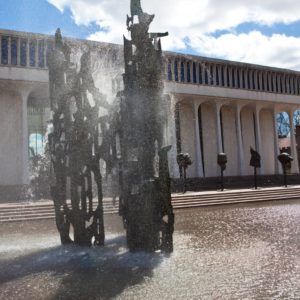
I’m writing my thesis on state-to-state differences in the provision of maternal health care for pregnant and postpartum women in U.S. state prisons. I wrote one of my Junior Papers (JPs) on this general topic, so my thesis wasn’t entirely uncharted territory. But the content was not the only part of my thesis that felt relatively familiar—I found that my past research experiences at Princeton had appropriately prepared me to collect data, structure my thesis, and address broader research implications as well.
To gather data for my thesis, I primarily relied on state correctional reports, a legal research database, and information from the Bureau of Justice Statistics and the U.S. Census Bureau. While I had not used all of these sources before, I had experience using similar datasets and research databases either for my JPs or for other research assignments. For instance, as I mentioned in my most recent post, I had met with a subject librarian to learn how to find and use data and reports from Senegalese governmental agencies for one of my JPs. When I embarked on data collection for my thesis, I relied heavily on the past guidance I had received on these types of searches. Continue reading Stick to What You Know: Relying on Past Experience to Tackle your Senior Thesis


